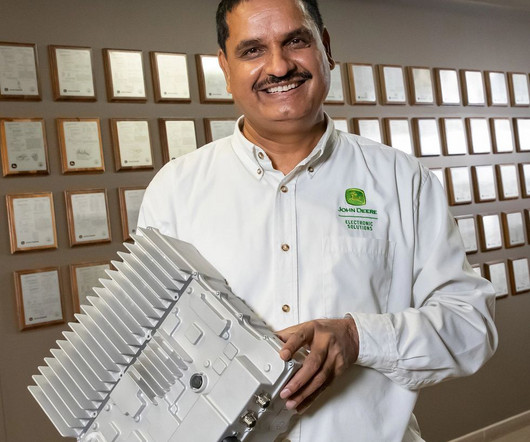Scottish Enterprise project converting train to hydrogen power
Green Car Congress
DECEMBER 31, 2020
Scottish Enterprise, Transport Scotland and the Hydrogen Accelerator, based at the University of St Andrews, have appointed Arcola Energy and a consortium of industry leaders in hydrogen fuel cell integration, rail engineering and functional safety to deliver Scotland’s first hydrogen powered train.









































Let's personalize your content